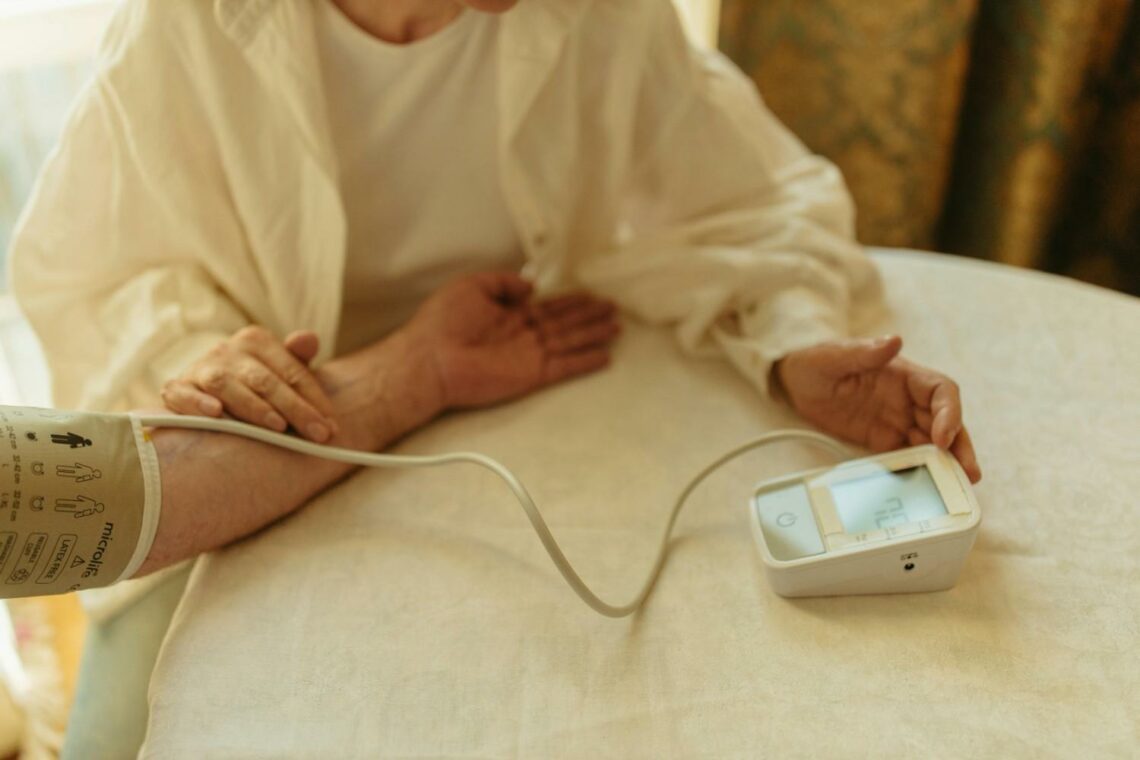Heart disease is one of the most common long-term health conditions in the UK, affecting millions of people. Whether you’ve recently been diagnosed or are supporting someone with a heart condition, understanding how it affects daily life helps you make informed decisions about treatment, lifestyle, and care.
With the right support and medical guidance, most people adapt well and continue living full, active lives. This article explains how heart disease can affect your daily routines and confidence – and what practical steps you can take to protect your heart while maintaining quality of life at home.
Living well after a heart disease diagnosis
A diagnosis of heart disease can feel overwhelming. You might worry about what changes to make or how much your life will need to adjust. With the right treatment, lifestyle habits, and support, many people continue to live full and active lives.
Understanding how heart disease affects your day-to-day life helps you take control of your health and protect your heart for the long term.
How heart disease affects daily life
Heart disease can influence many areas of life – what you eat, how you exercise, and how you travel or socialise. The impact depends on your overall health and how well your condition is managed. Working closely with your healthcare team helps you find the right balance between staying safe and staying independent.
Healthy habits that protect your heart
Maintaining a healthy weight
If you’re overweight, aim to bring your BMI closer to 20–25. Even a small amount of weight loss can lower blood pressure and reduce strain on your heart. Gradual, sustainable changes, like reducing portion sizes or choosing lighter cooking methods, support your heart’s health without drastic measures.
Eating for heart health
A balanced, Mediterranean-style diet has proven benefits for cardiovascular health. Focus on fruit, vegetables, lean proteins, fish, wholegrains, and healthy fats from olive oil or nuts. Cut back on salt, sugar, and processed foods, and keep alcohol in moderation. The DASH diet is known to lower blood pressure and cholesterol and can provide useful guidance.
Staying active and rebuilding confidence
Exercise is one of the best ways to strengthen your heart and boost well-being. After a heart attack or diagnosis, it’s normal to feel nervous about physical activity. Start small with gentle walks, light cycling, or stretching, and gradually build up to 30 minutes of moderate activity most days.
Begin with short sessions and increase as you feel stronger. Stop if you experience chest pain, palpitations, or breathlessness. Keep your phone and medication with you when exercising, and consider exercising with friends or groups to boost motivation and confidence. If recovery or mobility makes it difficult to stay active, a live-in carer can help you rebuild fitness safely at home.
Everyday independence: driving, work, and travel
Many people regain full independence after treatment, but it’s important to move at your own pace.
Driving: You’ll usually be able to drive again once your condition is stable. Check with your doctor and follow DVLA guidance. Not declaring a condition can lead to fines or invalid insurance.
Work: Returning to work depends on the nature of your job and how you feel physically. Talk to your employer about phased return options or light duties during recovery.
Travel: A relaxing break can support recovery – plan ahead to stay safe. Check with your doctor before travelling, especially after recent surgery. Carry an up-to-date medication list and extra supplies in your hand luggage. Make sure your travel insurance covers pre-existing heart conditions, and pace yourself with restful activities. If flying, always get medical clearance first.
Emotional well-being and support
Heart disease doesn’t just affect your body; it can also impact how you feel. Anxiety about another episode, loss of confidence, or isolation are common after a diagnosis. Talking with loved ones, joining a cardiac support group, or seeing a counsellor can help you stay positive and focused on recovery.
If you or someone you care for is struggling with motivation or loneliness, companionship care can provide daily encouragement and structure for a healthier routine.
“My mother is confined to a chair but has no cognitive impairment, and our current carer has understood her needs perfectly and been a brilliant companion to her.”
Helen Miles
Getting support for long-term recovery
If you’re recovering from a heart attack, ask your GP about cardiac rehabilitation programmes. These provide supervised exercise and education to help you regain strength safely and reduce your risk of future problems.
If you need ongoing help, live-in carers can offer support with medication, meal preparation, and gentle exercise – allowing you to stay safe, comfortable, and independent at home.
How Hometouch can help
Living with heart disease brings physical and emotional challenges. Hometouch carers provide personalised support, from a few hours of companionship each day to full-time live-in care. Understanding what’s available helps you or your loved one live confidently and safely at home.






